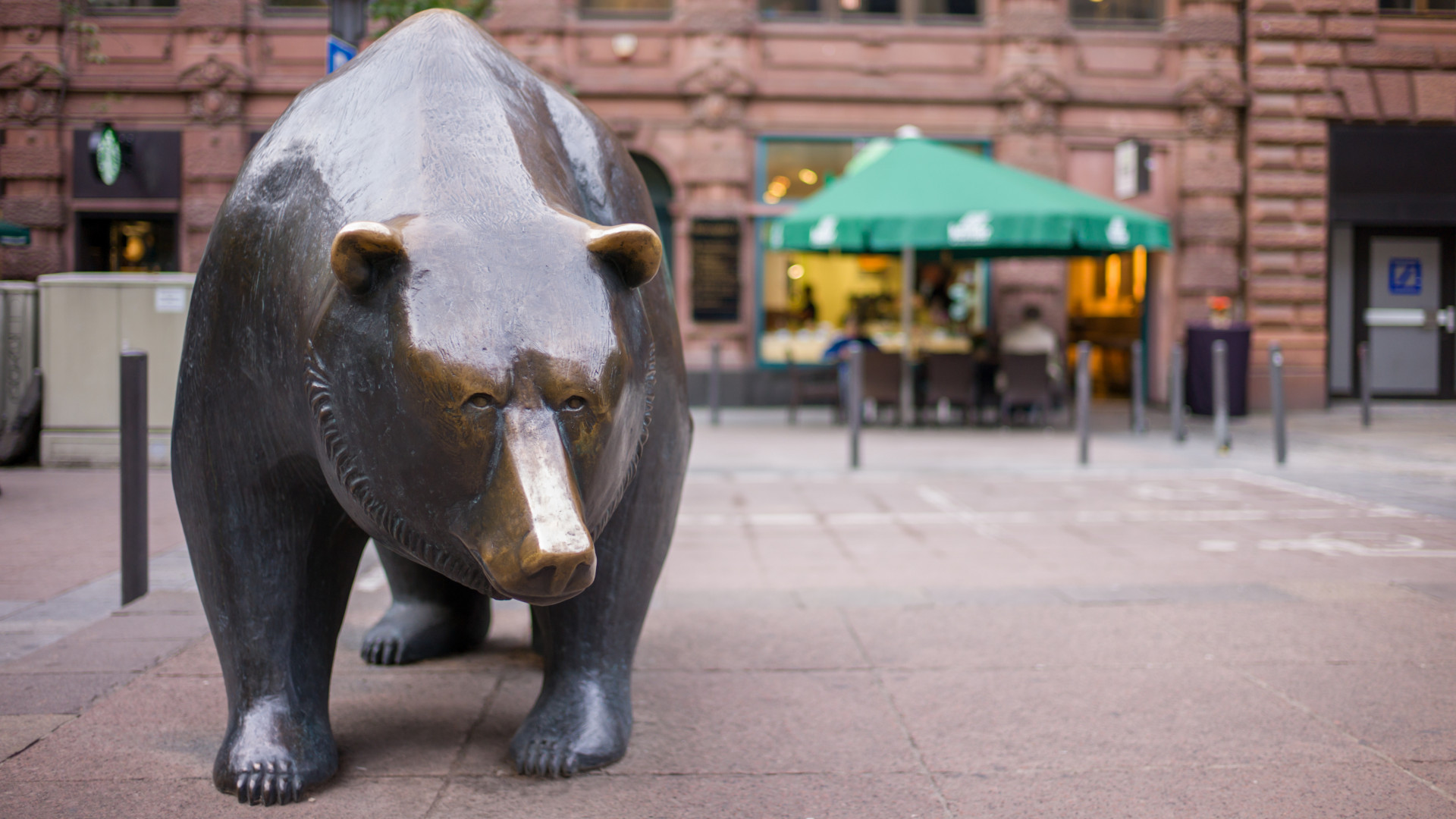We are experiencing a time of change. What about the future of the country? What innovative ideas are there? That is the theme of the major SZ focus “Future Germany”. All articles as well as further analyzes and reports can be found on this page.
—
Gyms stay closed, swimming pools closed: doing sports together has not had an easy time. The force of the number was surprising when the German Olympic Sports Confederation (DOSB) announced it in mid-October: the sports clubs lost almost 800,000 members in 2020. The slump is particularly dramatic among the under six-year-olds, many of whom usually find their way into the clubs through classic children’s gymnastics. And from there, years later, sometimes up to the Olympic podium.
It is not entirely clear where the sport has lost its members. Only temporarily to online yoga? The trend towards individualization, which is already rampant: If aerobics are not taking place, do you just go jogging in the park? Or is it due to a lack of exercise and a game console? And what does all this mean for young athletes and their dreams: winning medals at the Olympics, the Paralympics or World Championships? When popular sport suffers, it is also a problem for top-class sport.
German athletes brought back 37 medals from the Olympic Games in Tokyo in the summer, the worst record since reunification. The Paralympic athletes also came home with less success than ever before. However, these difficulties are already rooted in the time before the pandemic.
The Olympic and Paralympic Games are a lifelong dream that moves many athletes. But they are also more: the games create role models, they bring the value of movement back into the living room. An athlete, a trainer and a sports official talk about the difficulties they have to struggle with, what has to change – and why it is still worthwhile to get fully involved in the sport.
– .


